Category: Cardiology
-
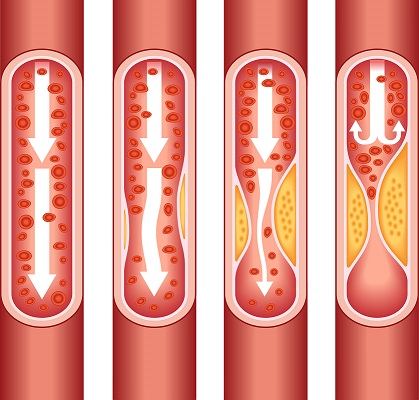
Coronary Arterial Calcium Scan Score Test
Coronary Calcium Scan Score Test: Unveiling Heart Disease Risk with Precision. Heart disease remains a leading cause of mortality globally, underscoring the significance of advanced diagnostic tools in assessing and mitigating cardiovascular diseases risks. Among these tools, the Coronary Arterial Calcium Scan Score Test has emerged as a valuable means to provide crucial insights into…
-
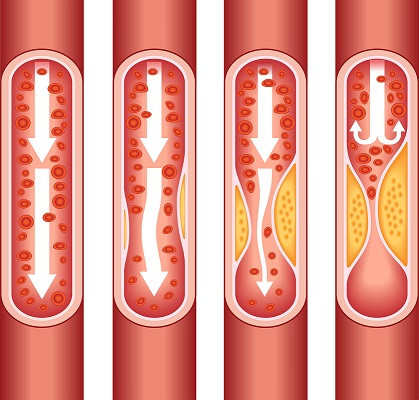
Preventing Heart Blockages
Proactive Steps to Safeguard Your Heart, prevent heart blockages. How to prevent Heart blockages? also known as coronary artery disease, pose a significant health risk and can lead to serious complications like heart attacks and strokes. Adopting a proactive approach to heart health is crucial in preventing the development of heart blockages. In this article,…
-
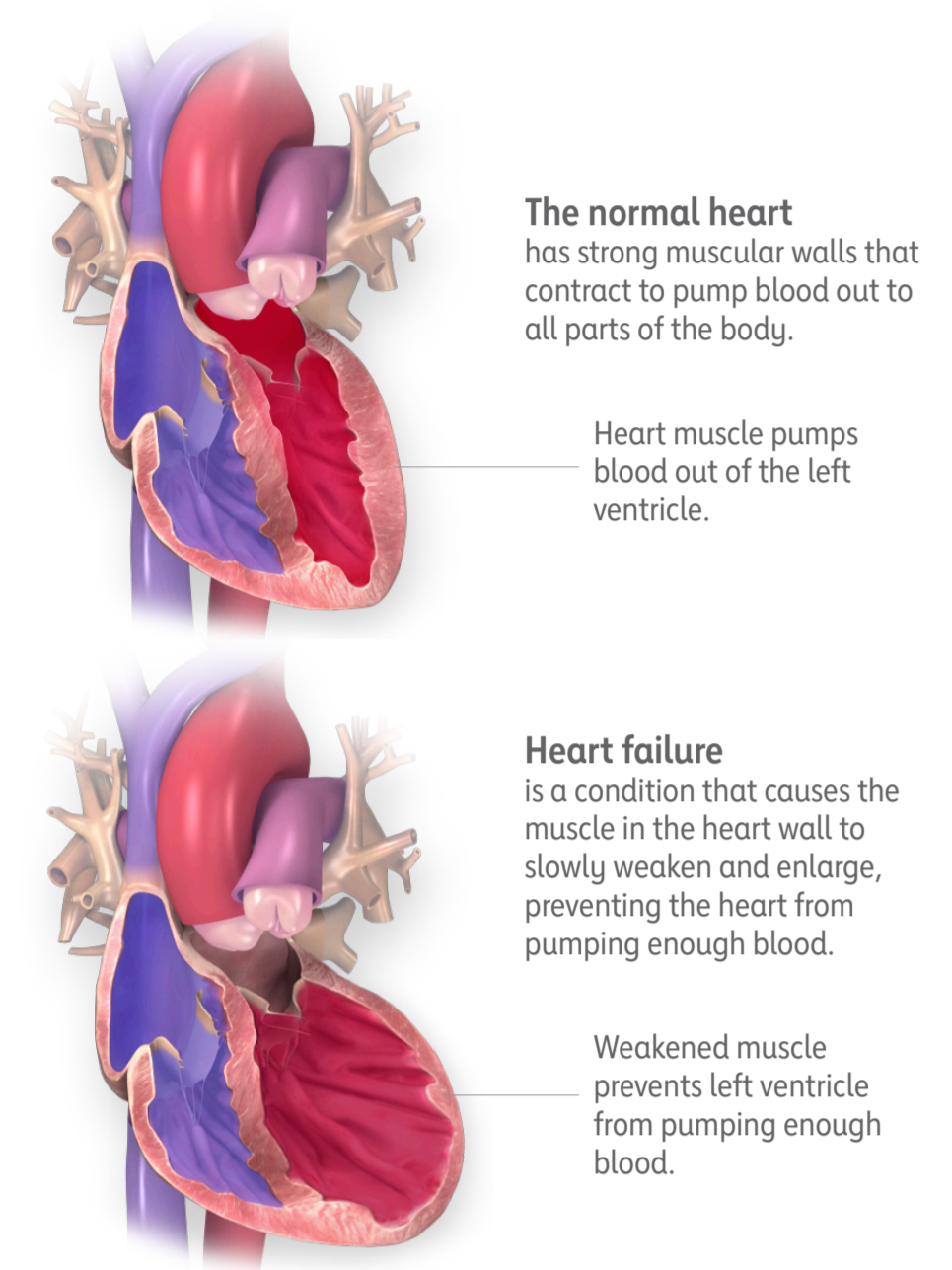
Cardiac Glycosides Digoxin and Digitoxin
Cardiac Glycosides: Mechanism of action of Cardiac Glycosides digoxin and digitoxin, therapeutic uses, and considerations for use in clinical practice. Cardiac glycosides digoxin and digitoxin are a class of medications that have been used for centuries to manage various cardiovascular conditions like Congestive Cardiac failure, congestive Cardiac Disease. Derived from natural sources, these medications have…
-

Congestive Cardiac Failure
Congestive Cardiac Failure: Causes and Medical Treatment Options Congestive Cardiac Failure (CCF), also known as Heart Failure, is a chronic medical condition characterized by the heart’s inability to pump blood efficiently. It is a serious condition that can significantly impact a person’s quality of life. Causes of Congestive Cardiac Failure: a)Coronary Artery Disease : The…
-
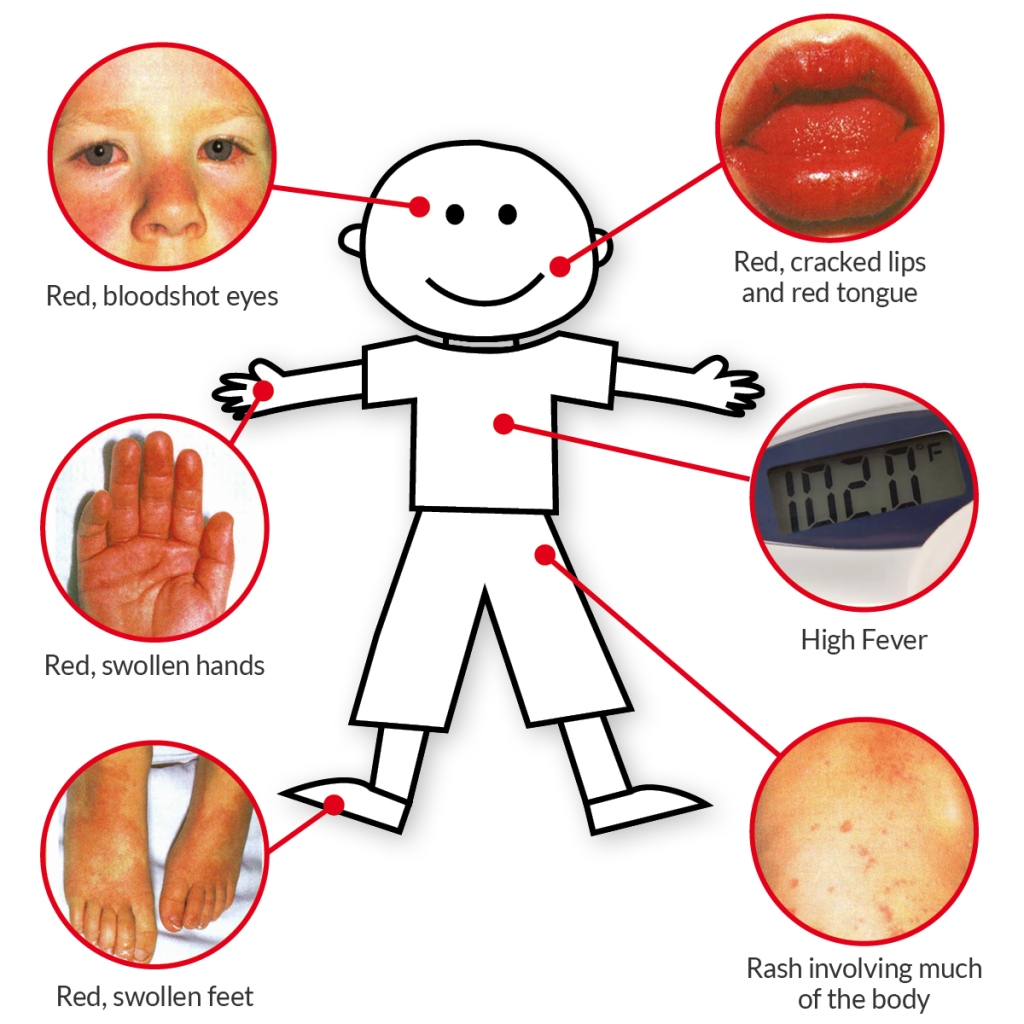
Kawasaki Disease Causes Symptoms Prognosis Treatment.
Kawasaki Disease Causes, Symptoms, Prognosis, and Treatment. Kawasaki disease, also known as Kawasaki syndrome, is a rare but serious pediatric inflammatory condition that primarily affects children under the age of five. First described by Dr. Tomisaku Kawasaki in 1967, this disease remains somewhat enigmatic, with its exact cause and pathophysiology not fully understood. I. Causes…
-
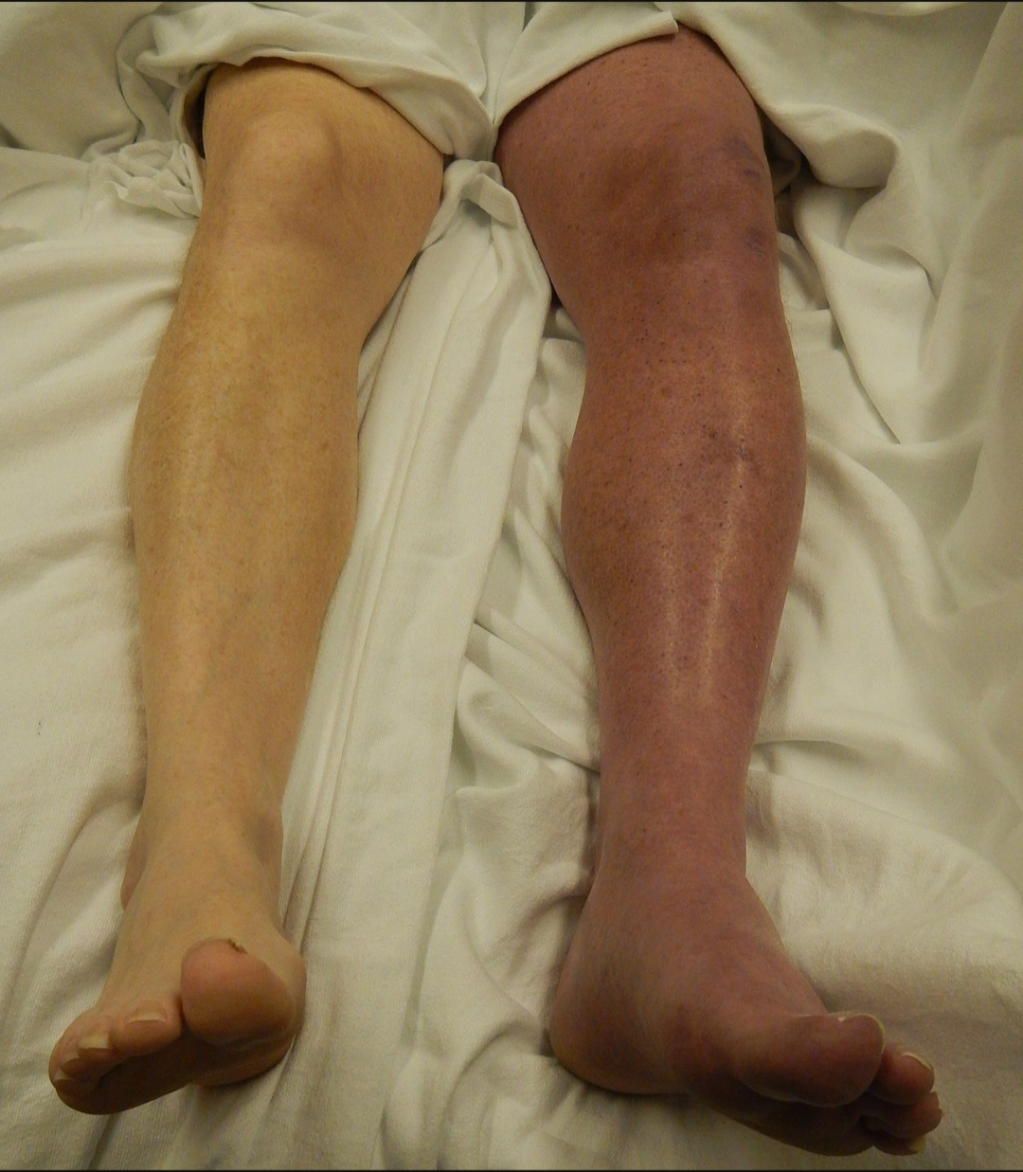
Deep Vein Thrombosis Diagnosis Treatment
What is Deep Vein Thrombosis (DVT)? Diagnosis treatment and prevention of DVT. Let’s Understand Deep Vein Thrombosis Diagnosis Treatment of (DVT). DVT is a potentially life-threatening condition that occurs when a blood clot forms in the deep veins of the body, typically in the legs. It is a silent killer because it often goes unnoticed…
-
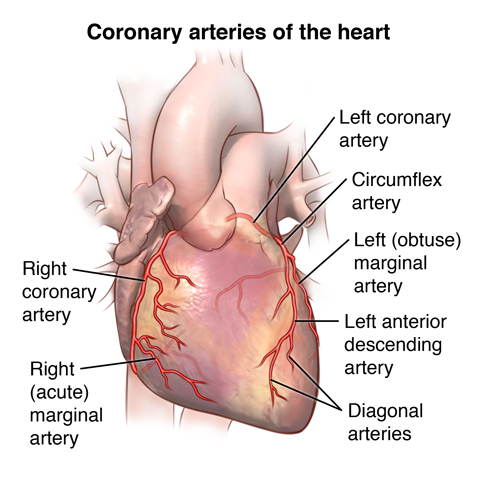
Coronary Artery Disease Diagnosis Treatment
Coronary Artery Disease Diagnosis Treatment: Understanding Pathophysiology, Risk Factors. Drugs for the Treatment of Coronary Artery Disease: Mechanisms of action of drugs used for CAD, Contraindications, and Drug Interactions. Introduction Coronary artery disease (CAD), also known as coronary heart disease or atherosclerosis, is a leading cause of death worldwide. It occurs when plaque builds up…
-
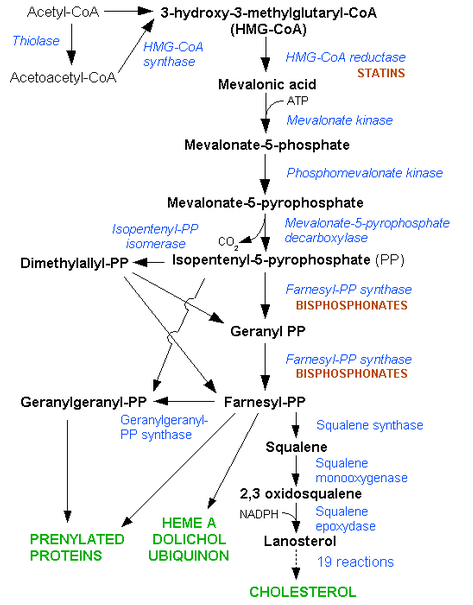
High cholesterol treatment
Hyperlipidemia, High cholesterol treatment. For high cholesterol treatment it is important to understand the underlying root cause of the increased cholesterol level. There are following two types of hyperlipidemia. 1. Primary (familial) hyperlipidemia. FH 2. Secondary (acquired) hyperlipidemia. Familial hyperlipidemia is a genetic disorder caused by mutations in genes LDLR, APOB, and PCSK9 genes which…
-
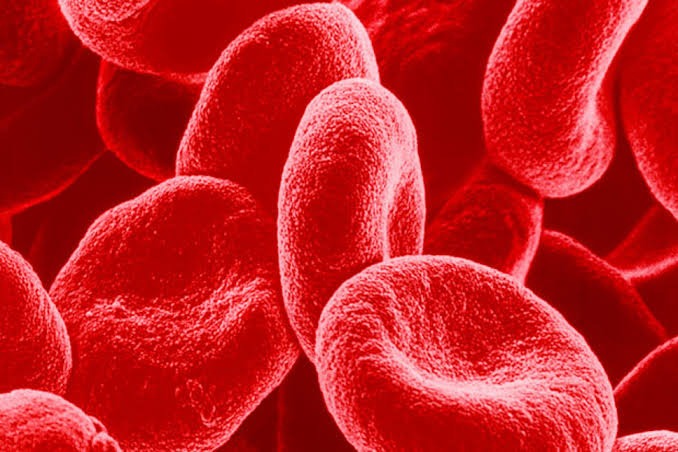
High red blood cell count
Pathophysiology of High red blood cell count. Before understanding effect of High Red Blood Cell Count let’s See what is Normal Range of RBC. The Normal range of red blood cells in our body for male is 4.3 to 5.5 million per micro liter (µL) and for females it is 3.9 to 5.10 million red…
-
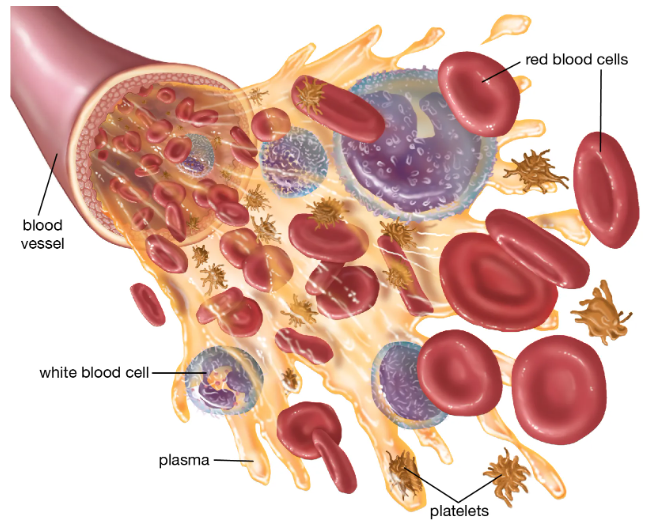
Red Blood Cells RBC
Red Blood cells and their functions. Blood is a connective tissue which consists of plasma and various types of cells like red blood cells and plasma cells, thrombocytes and white blood cells. WBCS consists of granulocytes, monocytes and lymphocytes, natural killer cells and dendritic cells. Constitution of plasma: Plasma is a yellowish colored liquid obtained…